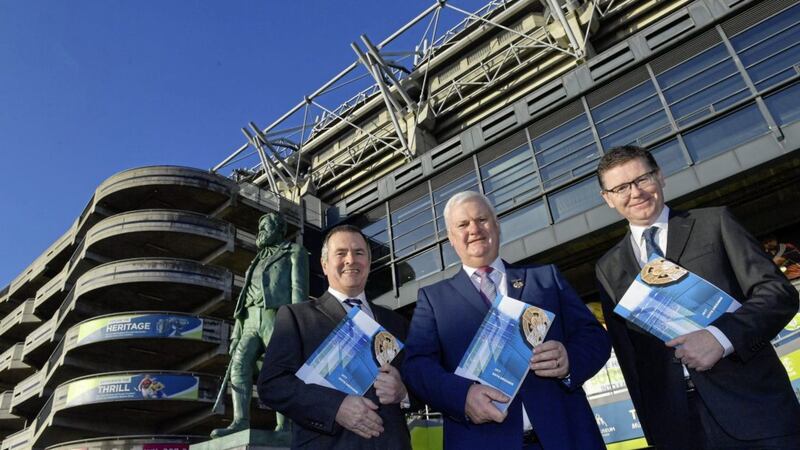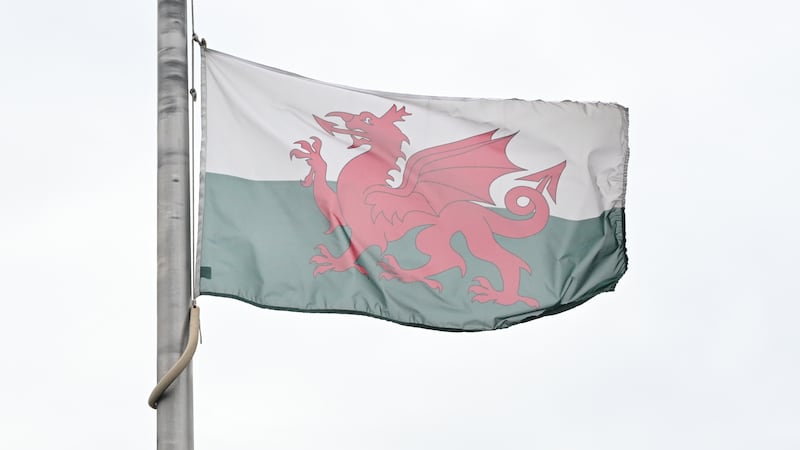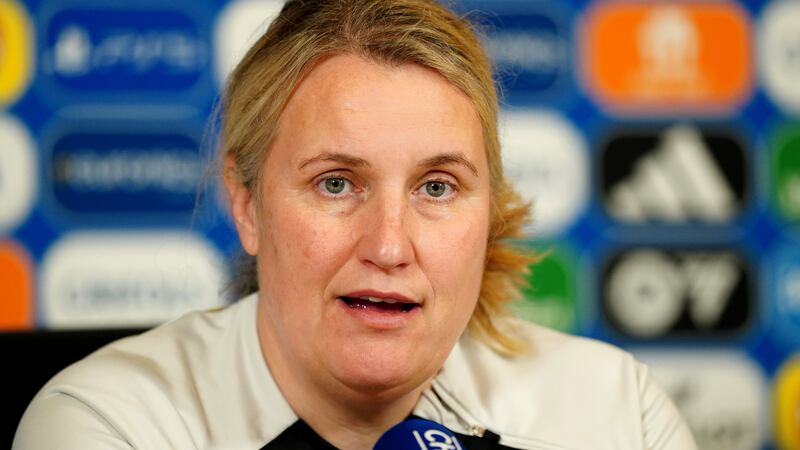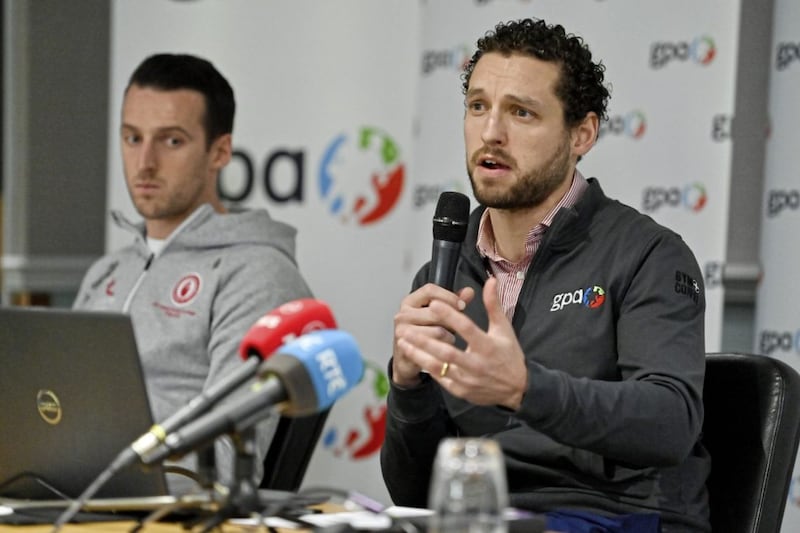GAA finance director Tom Ryan has warned those thinking the new Super 8s Championship format will result in a cash ‘bonanza’ to think again.
Ryan stated at the release of the GAA’s annual accounts that 2017 was a strong year for gate receipts which were up by €4m, contributing to an overall €5m increase in GAA revenue to €65m.
All-Ireland series attendance figures grew by 24 per cent, or 180,000 people, and the expectation is that the figures will be even better this year.
The new Super 8s structure replaces the four All-Ireland quarter-finals and guarantees a dozen high profile games that will be played out between the top teams in the country.
Critics of the Super 8s have claimed the extra games are only there to improve gate receipts though Ryan said the reality is that GAA coffers may actually not increase that much.
“It’ll be an increase but I don’t think it is going to be the bonanza that, at first glance, looking at the number of games involved, we might have expected,” said Ryan.
“But it should certainly be positive. It’s interesting when you look at it, the games are going to come thick and fast this summer and even the most committed of supporters will have a job to get to every game once it gets to the quarter-final stages of things.”
Hurling’s response to the extra football games was to alter its Championship structures to include round robin formats at the provincial stage, in Munster and Leinster.
There will be no All-Ireland Qualifiers under this format which should, in theory, hit the GAA in the pocket.
“I don’t know, will we lose?” said Ryan.
“If you look at some of the Qualifier games in hurling, some years they’ve tended not to be hugely lucrative. So I don’t see it that the provinces will gain and we’ll lose out.
“I think in the totality of things, it will be better across the board for both of us. But I think on the football side, the first thing that occurs for most people is that it’s going to be a bonanza.
“I don’t think it will be, because it is going to be physically difficult for people to get to every game week-in and week-out. So I would temper some of the expectation around that.”
Ryan (left) said that in terms of GAA revenue the, ‘highest priority remains match attendances’ and how they hold up.
He said that they were positive in all sectors last year with €500,000 of revenue growth in both the National football and hurling leagues.
Commercial income was up by five per cent to €18.7m, a figure which includes finance from the sale of media rights.
GAA Stadium and Commercial director Peter McKenna confirmed they are looking into streaming Championship games live on their GAAGO platform this summer.
That could occur when a number of prominent fixtures clash, for instance in the final round of the new Super 8 series when All-Ireland semi-final places may be decided.
“What we want to make sure is that people get to see the games, it’s our view that this is the best way of doing it,” said McKenna.
“It just shows the way the market is changing. You can see the rise of Amazon, YouTube and various others outlets.
“I think the fact that we started to invest in this a number of years ago, getting a level of expertise up, puts us in a nice position to use that expertise now. We’ve put ourselves front and foremost in being about to do this ourselves.”
Meanwhile, Ryan pointed to insurance fund losses as the ‘single biggest issue’ of concern for the GAA, noting €7m in claims last year from ‘non-core GAA activities’ like trips and falls on club grounds.








